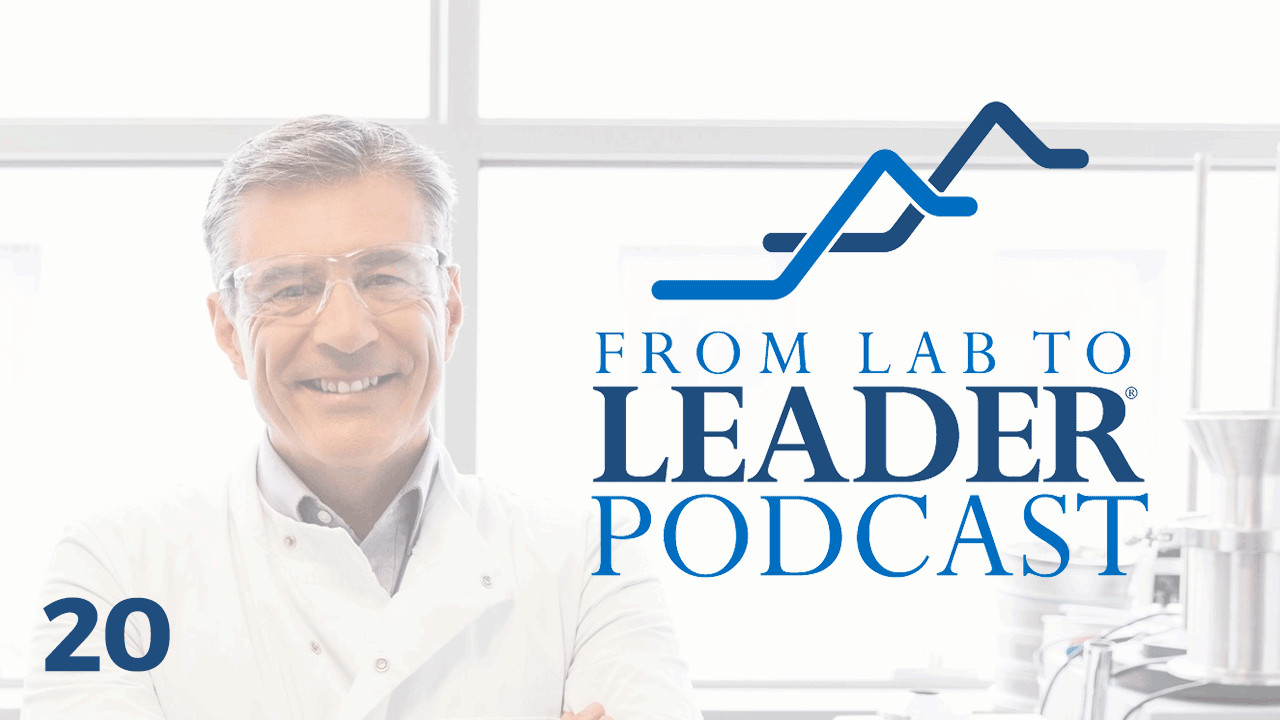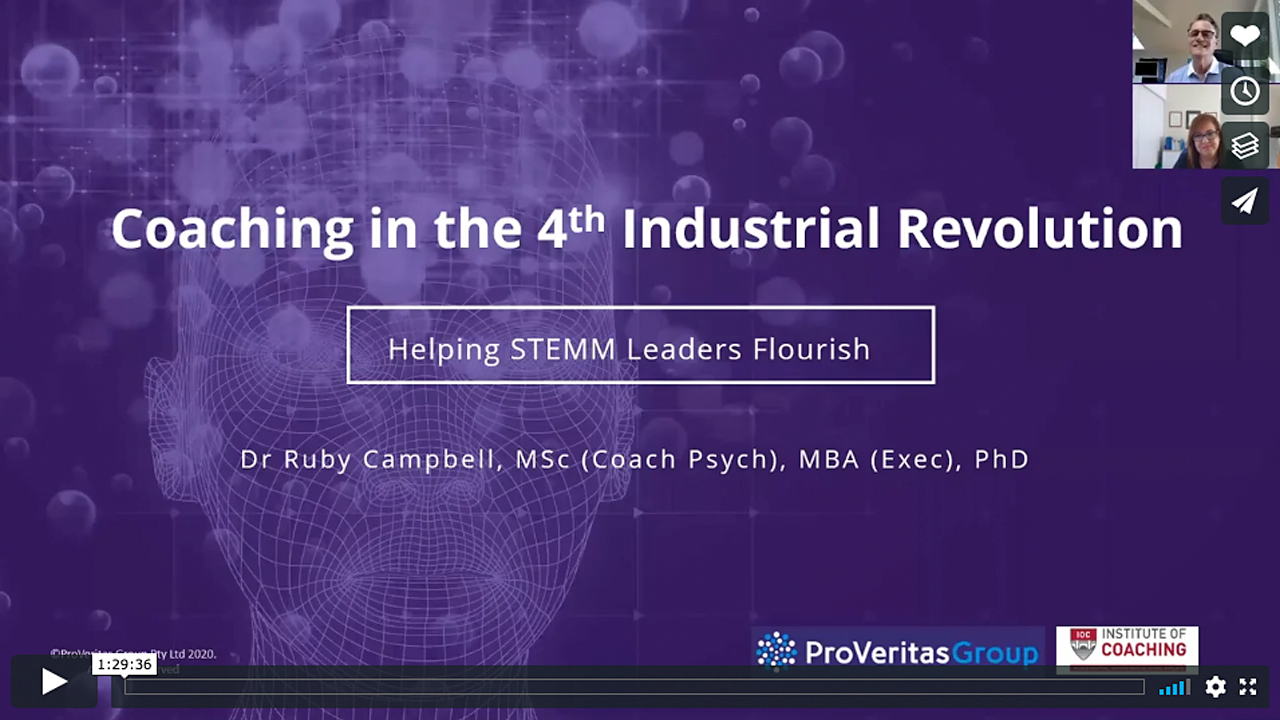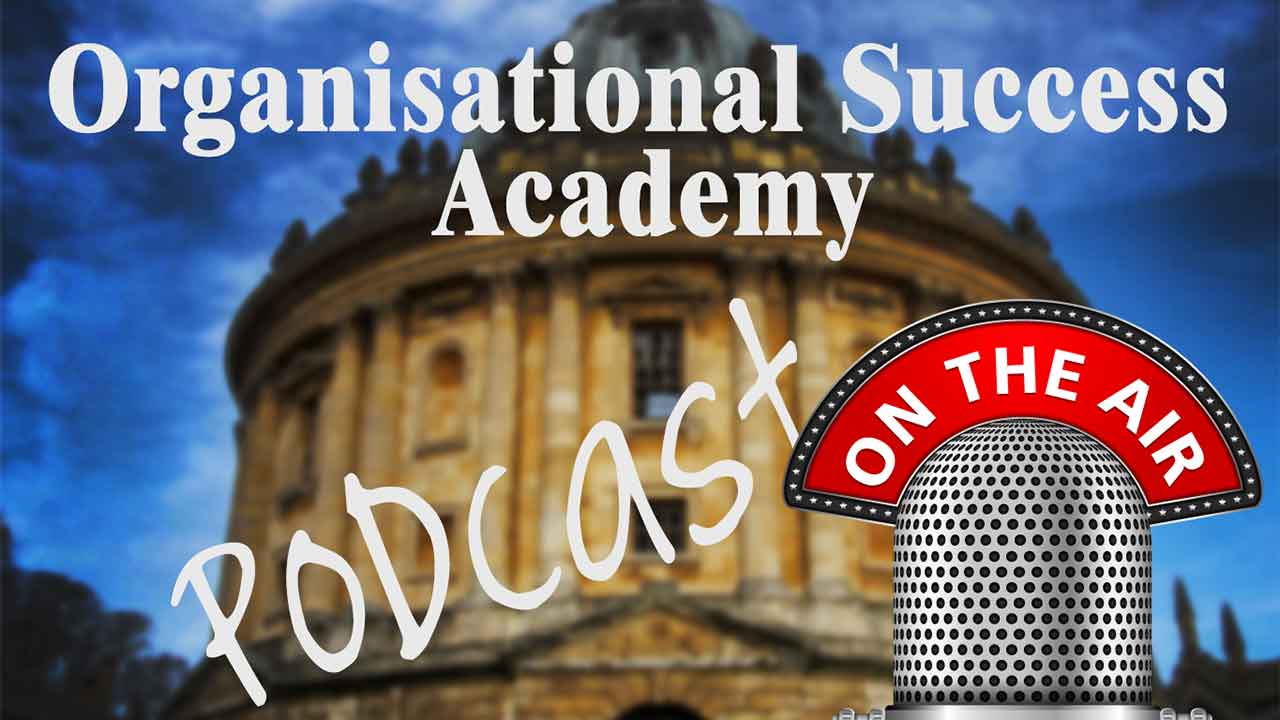Few issues highlight the urgency of the cooperative challenges we face more than climate change. It is a battle between despair, which can paralyse, and belief in the power of true global citizenry, which fuels hope and action.

Most of us want to live in a world where people thrive, nature flourishes, and future generations have the same, if not better, opportunities than we do. But right now, we’re facing a reality that feels out of balance. Climate change, inequality, and environmental destruction are urgent challenges that impact us all.
In 2015, world leaders came together to create a roadmap for a more just, equitable, and sustainable future: the 17 Sustainable Development Goals (SDGs). These goals address poverty, education, clean energy, climate action, and more. Essentially, the things we all need to live well on a healthy planet.
Yet, we’ve collectively achieved only 17% of these goals, and we’re running out of time. With the 2030 deadline fast approaching, the question isn’t whether we can afford to act, it’s whether we can afford not to.
Sustainability is often about reducing harm, but what if we aimed higher? Regeneration goes beyond sustaining what we have: it’s about restoring and replenishing the systems that support life. Whether it’s regenerating forests, rebuilding communities, or rethinking our economy, we have the power to create conditions where both people and nature can thrive.
For decades, we’ve measured success by Gross Domestic Product (GDP)—the total value of goods and services produced. But GDP doesn’t tell us whether people are healthy, communities are strong, or ecosystems are intact. It values oil spills and deforestation as economic “growth,” while unpaid caregiving and clean air go uncounted.
More and more countries are exploring new ways to measure progress. These alternative approaches help us see the bigger picture of wellbeing, beyond just financial gain. A Wellbeing Economy is an economy designed to serve people and the planet, not the other way around. Rather than treating economic growth as an end in and of itself and pursuing it at all costs, a Wellbeing Economy puts our human and planetary needs at the centre of its activities, ensuring that these needs are all equally met, by default.
It’s easy to feel overwhelmed, but change is possible and it starts with all of us. Whether it’s through everyday choices, or applying our strengths at work and at home to innovate, we each have a role in shaping a future where we not only sustain life but regenerate it.
The question isn’t just, “How do we avoid catastrophe?” It’s, “What kind of world do we want to create?”
Continue reading: Learn About Climate Basics.
OUR KEY leadership coaching solutions
Emotional Intelligence, visioning, sense-making, inventing and other essential leadership capabilities.
Evidence-based, customised L&D solutions to equip 21st Century leaders achieve business outcomes sustainably.
Helping teams function as more than “the sum of its parts” by learning how to connect and collaborate effectively.
Helping organisations understand, develop and action evidence-based ESG strategies with humanity in mind.
Executive Leadership Media & Podcasts

Podcast: Ruby Campbell’s SCIENCE Coaching Model - Episode 20
LISTEN NOW HERE

Webinar: Dr Ruby Campbell with the IOC McClean Hospital/Harvard Medical School Affiliate on 'Coaching in the 4th Industrial Revolution'. Leadership Coaching has become one of the most effective Learning &...
VIEW VIDEO HERE

Podcast: In this episode from The Oxford Review Podcast, an interview from Dr Ruby Campbell, author of Scientists in Every Boardroom: Harnessing the power of STEMM leaders in an irrational...
LISTEN NOW HERE
Dr Ruby Campbell is the founder and Managing Director of ProVeritas Leadership, and Executive Coaching and Consulting firm. She is also the author of the ground-breaking book Scientists in Every Boardroom: Harnessing the Power of STEMM Leaders in an Irrational World.
MORE ABOUT OUR TEAM
Please complete the enquiry form so we can help you with your growth journey. You will receive an email from us within 24 hours.